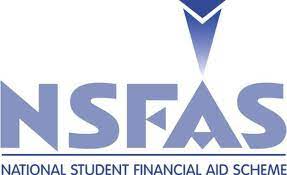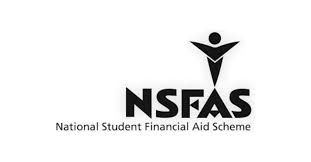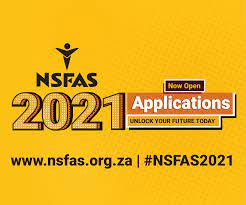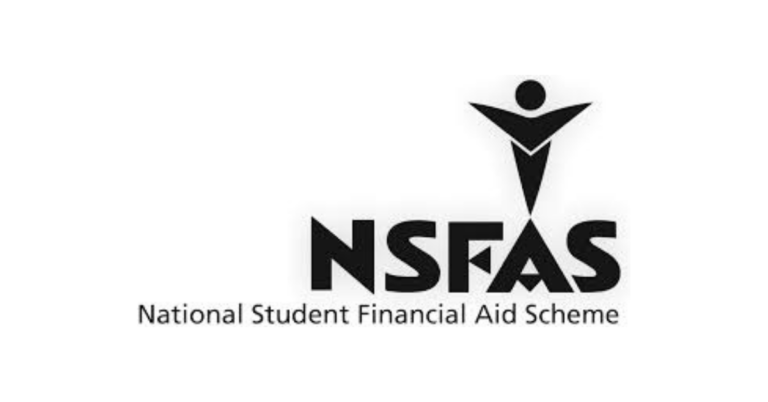NSFAS Application 2026 – A Detailed Guide
The National Student Financial Aid Scheme (NSFAS) is a government initiative that provides financial assistance to South African students who need support to pursue their tertiary education at public universities and TVET colleges. If you are planning to study in 2026 and need funding for tuition, accommodation, study materials, and other related costs, NSFAS is your go-to option.
In this guide, we will cover everything you need to know about the NSFAS application for 2026 — from eligibility requirements to the step-by-step application process, key dates, and tips for a successful application.
What is NSFAS?
The NSFAS bursary is a financial aid program provided by the South African government to support students who are unable to fund their studies. The bursary covers a wide range of expenses, including:
- Tuition fees
- Accommodation fees
- Study materials (textbooks, etc.)
- Transport allowance
- Personal allowances (for food and other essential costs)
The best part about NSFAS is that it is non-repayable—you don’t have to pay it back, as long as you meet all the terms and conditions of the bursary (such as academic progress and completing your qualification within the prescribed time).
NSFAS Application Eligibility for 2026
Before applying for the NSFAS bursary 2026, ensure you meet the following eligibility criteria:
1. South African Citizenship
You must be a South African citizen to apply. Permanent residents and international students are not eligible.
2. Financial Need
NSFAS is for students from disadvantaged backgrounds. The combined household income of your parents/guardians should be R350,000 or less per year.
3. Enrollment at a Public Institution
NSFAS funding is only available to students who are enrolled or are planning to enroll at a public university or TVET college in South Africa. The bursary covers both undergraduate and certain postgraduate programs.
4. Academic Requirements
While NSFAS doesn’t set specific academic requirements, you will need to meet the academic standards set by your chosen institution or program. You must also remain in good academic standing throughout your studies.
5. Age Limit for Postgraduate Students
If you’re applying for postgraduate funding, you must be under the age of 35 years.
How to Apply for NSFAS 2026
The NSFAS application process for 2026 is straightforward and can be completed entirely online. Follow these steps to apply:
Step 1: Create a MyNSFAS Account
Before you can start your application, you need to create a MyNSFAS account. Here’s how:
- Visit the official NSFAS website
- Click on “MyNSFAS”: On the homepage, find and click on “MyNSFAS”. This will direct you to the portal where you can manage your application.
- Click on “Register”: To create a new account, click on the “Register” button and fill in your personal details (e.g., your ID number, email address, and phone number).
- Confirm your email: After registering, NSFAS will send a verification link to your email. Click on the link to verify your email address and activate your account.
Step 2: Fill in the NSFAS Application Form
Once your account is created, you can begin the application process:
- Log in to MyNSFAS: Use the username (usually your ID number or email) and the password you created to log in to your MyNSFAS account.
- Complete the application form: Fill in all the required details, including:
- Personal information: Full name, date of birth, contact details.
- Financial information: Household income details. This is to determine whether you meet the financial need criteria.
- Academic information: Provide details about the university or TVET college you plan to attend and the program you’re enrolled in.
- Banking details: You may need to provide bank details for receiving allowances.
Step 3: Upload Required Documents
NSFAS requires certain supporting documents to verify your eligibility. The documents you need to submit include:
- South African ID: A certified copy of your South African identity document (or a birth certificate if you do not have an ID).
- Proof of income: You will need to provide documents such as:
- Payslips of your parents or guardians.
- Tax returns.
- An affidavit if your parents are unemployed.
- Proof of residence: A utility bill, rental agreement, or any other proof of your home address.
- Proof of registration: A letter from your university or TVET college that confirms your registration.
- Banking details: Your bank account details or a bank statement for receiving allowances.
Ensure that all documents are clear, legible, and in the correct format (PDF, JPEG, PNG).
Step 4: Submit Your Application
Once all the required fields are filled out and documents uploaded:
- Review your application: Double-check the details you entered, especially your financial and academic information.
- Click on “Submit”: Once you’re sure everything is accurate, click the Submit button to finalize your application.
- Confirmation: You will receive a confirmation email or SMS with your application reference number. This reference number is important as it helps you track the status of your application.
Step 5: Track Your Application Status
After submitting your application, you can check the status by logging into your MyNSFAS portal:
- Log in to MyNSFAS: Use your username and password to access your portal.
- Check for updates: You will be notified if there are any missing documents or if further information is required.
- Receive approval notification: If your application is successful, NSFAS will send you a notification, and funding will be disbursed to your institution for tuition and other costs.
Important Dates for NSFAS Application 2026
The NSFAS application window for the 2026 academic year typically opens around September 2024 and closes in November 2024. It’s essential to check the exact dates on the official NSFAS website or with your university’s financial aid office, as deadlines may vary.
- Application Open Date: September 2024
- Application Deadline: November 2024
Ensure you apply early to avoid last-minute issues and give yourself time to address any potential problems with your application.
Common NSFAS Application Mistakes to Avoid
To maximize your chances of success, avoid the following common mistakes:
- Missing or Incorrect Documents: Ensure that all required documents are uploaded, clearly visible, and in the correct format. Missing documents can delay or result in the rejection of your application.
- Incorrect Financial Information: Be honest and accurate when providing household income details. Misleading information may result in your application being disqualified.
- Late Submission: Don’t wait until the last minute. Submit your application well before the deadline to avoid technical issues or delays.
- Failure to Review Application: Double-check all details before submitting. Once you submit your application, you can’t make changes.
How to Improve Your Chances of a Successful NSFAS Application
- Submit Complete and Clear Documentation: Ensure your documents are legible, up-to-date, and in the correct format.
- Meet All Deadlines: Always apply on time, and keep track of all deadlines for document submissions or updates.
- Follow Up: Regularly check the MyNSFAS portal for updates on your application status and respond promptly to any requests for additional information.
The NSFAS bursary application for 2026 offers an incredible opportunity for South African students who need financial assistance to pursue higher education. By following this guide and adhering to all requirements, you can successfully submit your application and get the financial support you need.
For more information or to begin your application, visit the official NSFAS website: www.nsfas.org.za.
Best of luck with your application! If you have any questions or need further assistance, feel free to reach out.



